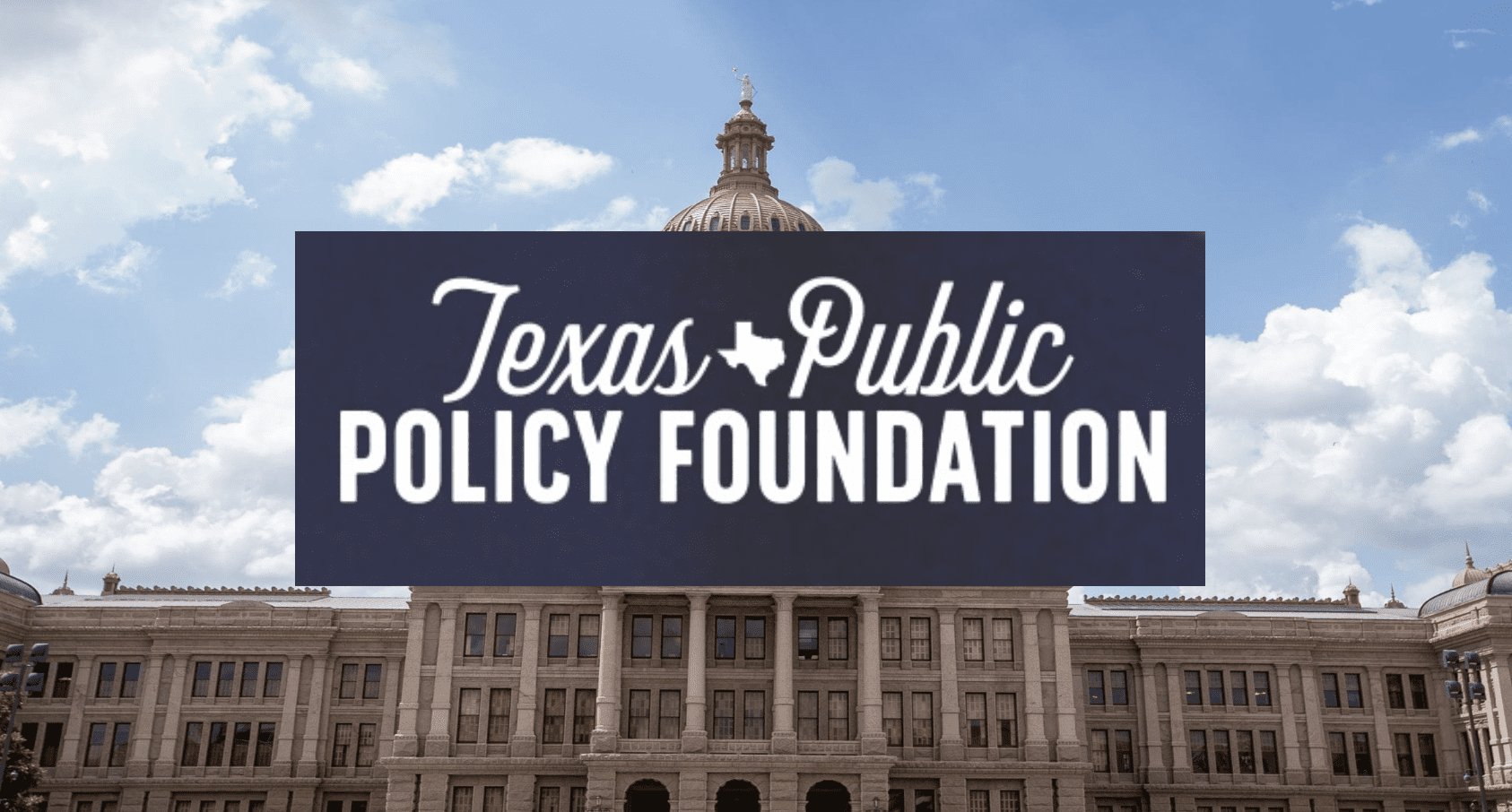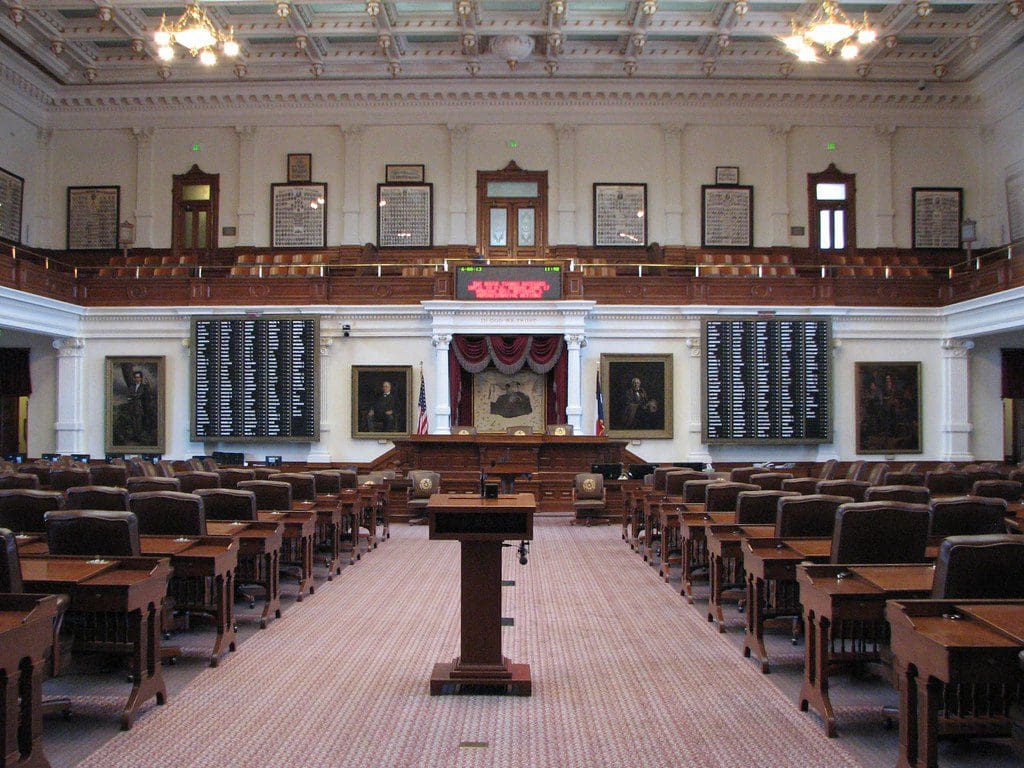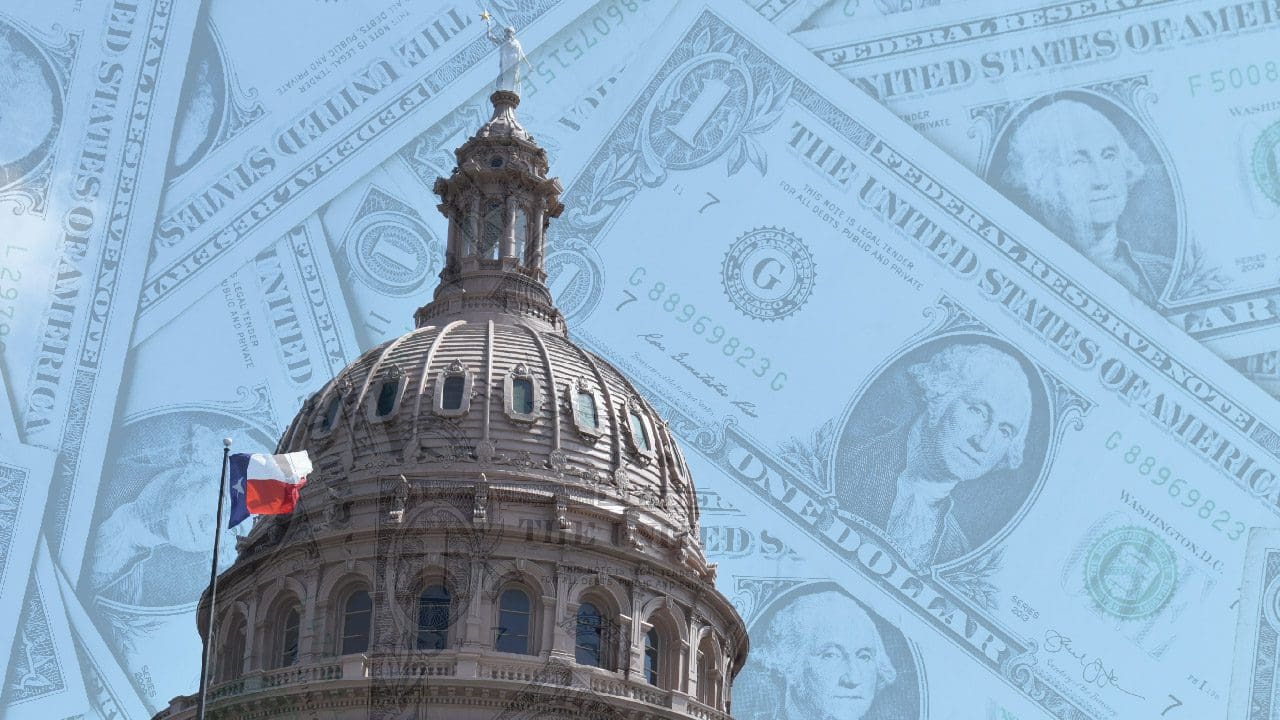Texas taxpayers shouldn’t have to pay twice for local government services or state laws that regulate their power. But that’s precisely what many local officials want lawmakers to do—double charge taxpayers.
During the 85th legislative session in 2017, both city and county officials complained about “unfunded mandates” imposed by state lawmakers. They even went as far as to blame the Texas Legislature for the higher property taxes that they themselves imposed, tax increases they claim are partially the result of “unfunded mandates” imposed by the state.
To please governments and their lobbyists, the Texas House passed House Joint Resolution 73, a bill that would have allowed cities, counties, and other political jurisdictions to sue the state over laws they felt weren’t funded adequately. If passed, the state (and taxpayers) would have to pony up the cash for nearly any law affecting local governments.
This was a terrible law that should have died a terrible death. Thankfully, it did.
But it’s all but guaranteed to rear it’s ugly head in 2019, where taxpayers should be ready to fight it again. As Texas Scorecard’s Cary Cheshire recently wrote, all local governments are “creatures of the state,” and exist at its pleasure. From a legal standpoint, the state government is sovereign over the federal government and local taxing entities.
As written, the law would have upended the entire system of government that our American and Texan founding fathers established in the constitution. But the “unfunded mandates” bill was also terrible fiscal policy.
Every time the legislature passed a law affecting localities, such as the sanctuary cities reform or open carry, it could be forced to also provide “funding.”
If HJR 73 had become law, the City of Houston – which advocated against Texas’ open carry law two years ago – could have claimed the new gun law would have required them to hire 10,000 more police officers. And if they could find a liberal judge to agree with them, they could take citizens’ gun rights hostage until their ransom was paid.
While some state mandates are certainly unnecessary, and costly, the solution is not to pay more tax dollars to local governments. But that’s precisely what local officials lobbied for—not to repeal bad mandates, not to prevent bad policies from becoming law, just to get more of your hard-earned money.
In addition to such a policy being misguided, the “unfunded mandates” bill was also punishing to taxpayers who would end up paying twice for countless local government responsibilities, if enacted.
Regardless of whether the state or localities “pay” for something, the same taxpayers are stuck with the bill.
It’s important to remember that the state already gives local governments broad authority to tax and charge fees to pay for local services, and to ensure compliance with state regulations. These regulations include reporting and auditing requirements, transparency and disclosure mandates, and election guidelines, among many others.
Should taxpayers pay twice for those? No.
To pay for them, local governments should learn to live within their means by prioritizing spending and ensuring that taxpayer dollars are spent only on core government services. They could begin to do this by putting an end to various forms of waste.
One of the best examples of waste is corporate welfare—taxpayer subsidizes, sales tax reimbursements, and property tax exemptions paid to big corporations, developers, and other special interests. Those costs are real, and substantial.
The truth is simple: Local government opposition to “unfunded mandates” is little more than a way for local officials to grow their budgets by double-taxing Texas taxpayers. After all, increasing taxes will always be easier for local officials than promoting fiscally responsible spending.




